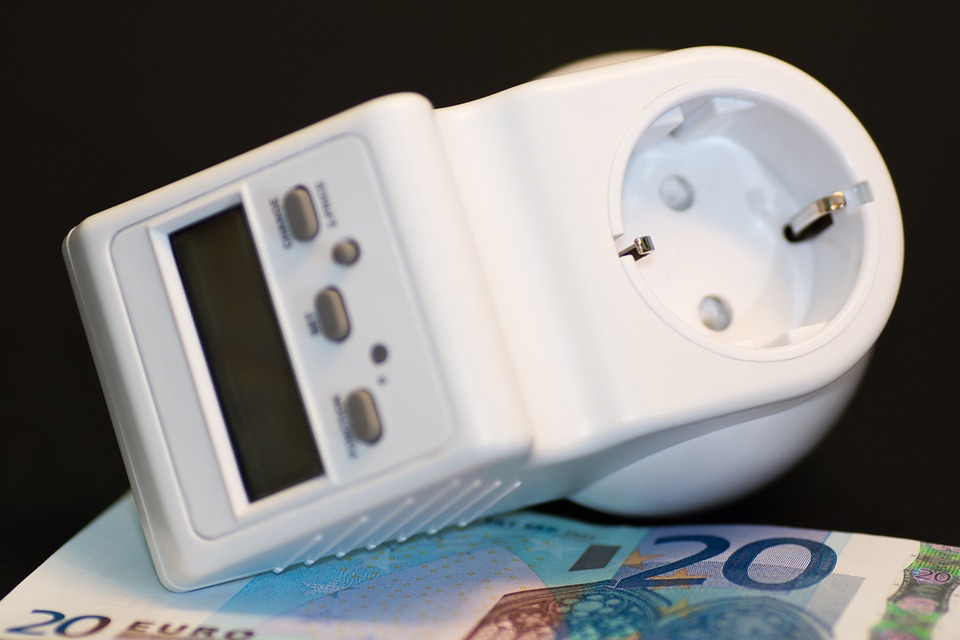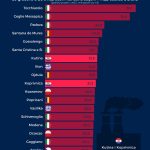As Poslovni Dnevnik/Marija Brnic writes, the state of emergency for the Croatian Government will likely leave even less room for negotiations on the possible “inclusion” of large Croatian companies in the package of assistance measures which entrepreneurs are seeking through the Croatian Chamber of Commerce (HGK) even after its presentation last week.
There is a little more than a month left until the start of the implementation of the recently revealed government inflation measures worth almost five billion kuna in total, during which the criteria and methods of obtaining aid should be determined, intended – when it comes to entrepreneurs – primarily for micro, small and medium enterprises. Large Croatian companies appear to have been somewhat left out in the cold.
The Croatian Chamber of Commerce believes that the aforementioned package of inflation measures should be expanded and should include large Croatian companies that have a high share when it comes to their number of employees, as well as their exports and revenues. Otherwise, they say, those companies with a large number of employees and industrial plants with high energy consumption will hardly be able to overcome the impact of the price increases that have and will continue to hit them.
The measures as they stand today envisage subsidies for smaller companies in the amount of 15 lipa per kWh for those with a consumption of up to 10 GWh, and it is planned that 600 million kuna will be made available for vouchers from this measure by the end of March next year.
The Croatian Chamber of Commerce has called on its members to take measures to reduce energy costs for all end users and help companies and industries overcome problems caused by rising prices, and many of them have introduced measures for all consumer groups, thus including large and energy-intensive companies.
Examples of quality measures include Belgium, which has banned unilateral changes to contracts whereby energy distributors and suppliers can increase prices on their own in fixed-price contracts, and in nearby Italy, which abolished network charges in the first quarter of 2022. Italy also reached for a 20 percent tax cut on its large consumers for energy purchased and consumed in the first quarter.
“Following these measures, the members of the Croatian Chamber of Commerce proposed the abolition or reduction of tariff items where possible, or to at least keep them at the same level until the market stabilises,” said the Croatian Chamber of Commerce, noting that it is crucial for industrial consumers to have stability in their contracts within the gas year, ie contracted fixed prices.
One of the solutions that can help this category is to reduce the amount of income tax liability by up to 50 percent of the value of investments in renewable sources, retroactively According to their proposal, the compensation for the reduction of the tax liability could be used for a period of four financial years.
For more, check out our business section.








